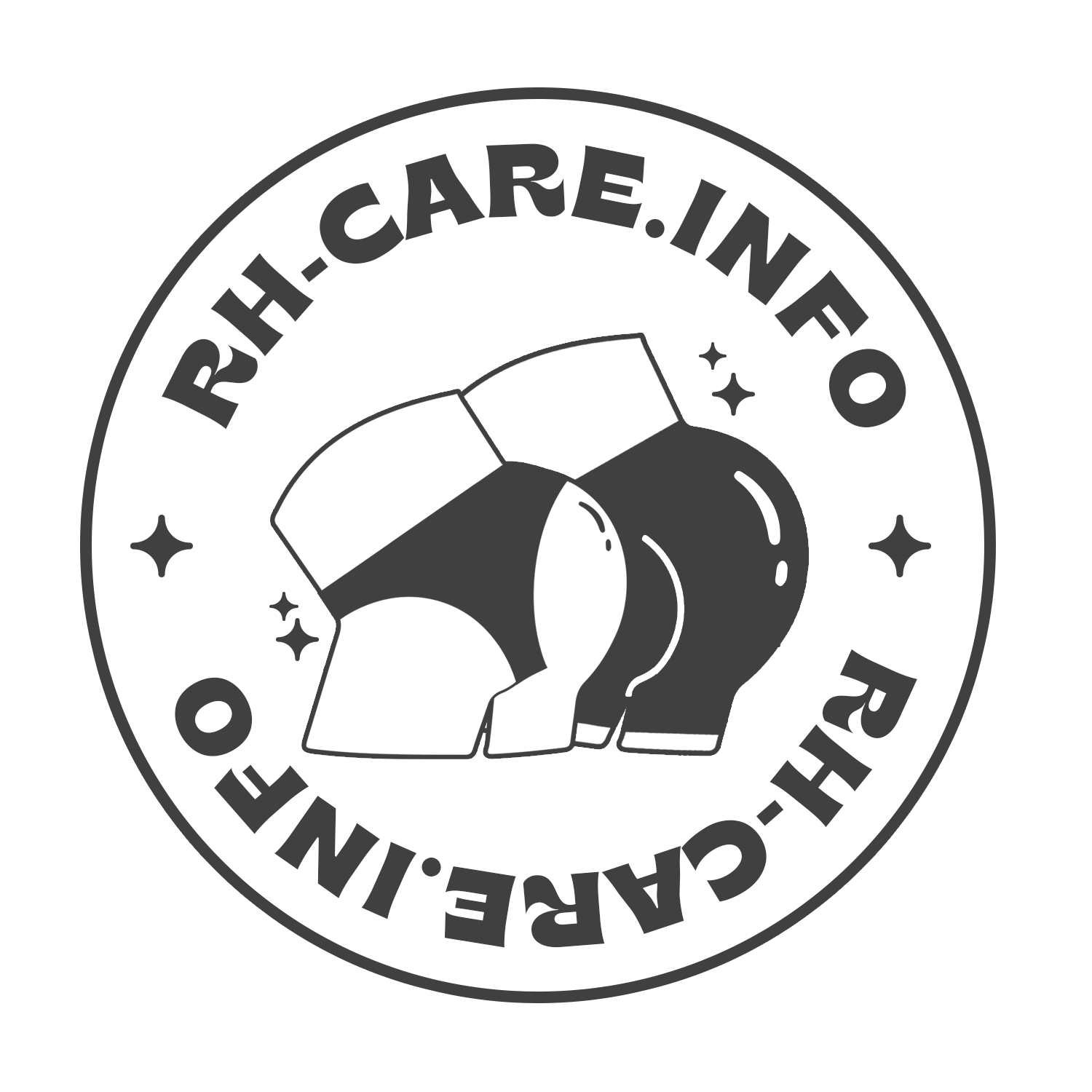Despite all the posts by sexual violence survivors recounting their experiences, victim-blaming is still rampant and a huge problem in our society. Victim blaming is insensitive and hurtful and downright wrong. Nobody wants to get groped, nobody wants to be harassed or taken advantage of and nobody wants to get raped. Instead of seeing the crime committed by the perpetrator, some people look at the victim and try to get an explanation or reason out why it happened to them. In a way, it puts the responsibility of the offender to the victim, like they’re asking for it.
Since victim-blaming is still quite deeply embedded in our society, here are some examples of what people say that are actually manifestations of victim-blaming.
#1 “Dapat lumaban ka” “Bakit hindi ka sumigaw?”
You weren’t there. You don’t know what it felt like. People react differently in certain situations. If you think if it were done to you, you would have screamed and fought, then good for you. But some people freeze, some people get so shocked by what is being done to them they can’t even speak. Saying things like ‘you should have done this or that’ to a victim of an assault is not helpful and it puts the burden on the victim.
#2 “Nakainom ka ba non?” “Was there alcohol involved?”
For others, if they hear that there’s alcohol involved, something clicks in their brain and automatically thinks that the victim is somehow at fault. It’s like because you drank, you made yourself vulnerable and that’s on you. WRONG! Why isn’t it the offender’s fault for thinking that drinking is an opportunity to take advantage and rape? Why does the victim have to adjust so they wouldn’t get raped?
#3 “Ganyan susuotin mo palabas? Baka mabastos ka”
A simple comment like this is like saying ‘if you go out wearing that it’s your fault if you get harassed’. Let us all keep in mind that no matter what anyone wears, may it be a bikini, skimpy shorts, long sleeves, full-on make-up, or a sweater, that person is not asking for it.
A comment like this also gives the offender power. Since this kind of thinking is deeply embedded in our culture and we hear it all the time, offenders think that if someone dresses a certain way, it’s okay to catcall, it’s okay to sexualize them. Controlling what your girlfriend or daughter wears instead of teaching the boys not to be bastos or do catcalls is a very basic manifestation of victim-blaming.
#4 “May ginawa or nasabi ka ba para isipin niyang okay lang yon?”
Trying to rationalize and think of reasons why it happened to someone is often because you’d like to think that it won’t happen to you because you don’t act like that or do things the way the victim does. But what you do or how you act is not an invitation to be violated. The key is consent. If there’s no consent, then it’s a crime.
#5 “You should have known better”
This basically means that it’s your fault because you know better than to put yourself in that situation. Again, it’s putting the burden of the crime in the victim instead of the offender. Whatever the situation may be, it does not give anyone the go signal to assault someone. A crime is a crime.
#6 “Totoo kaya yon? Baka gawa gawa niya lang”
This kind of thinking is one of the main reasons why a lot of rape victims do not want to come forward. What happened to them is already so painful as it is. But accusing them that they just made it up or not believing them is just a hundred times more dreadful.
#7 “Did you say no?” “Sinabi mo bang ayaw mo?”
Remember, if it’s not a definite yes, it’s a no. Hesitations and excuses are two other variations of a NO.
Now that we know that these kinds of statements are wrong, insensitive, and manifest victim blaming, let’s all be more cautious of what we say and understand what the person is going through. Let not add to this kind of thinking but instead, spread awareness and help put a stop to rape culture.
If you’ve experienced being told any of these, you may feel free to share your stories with us below. Our ongoing campaign, #MayKwentoAko, features stories shared with us to encourage positive conversations.



